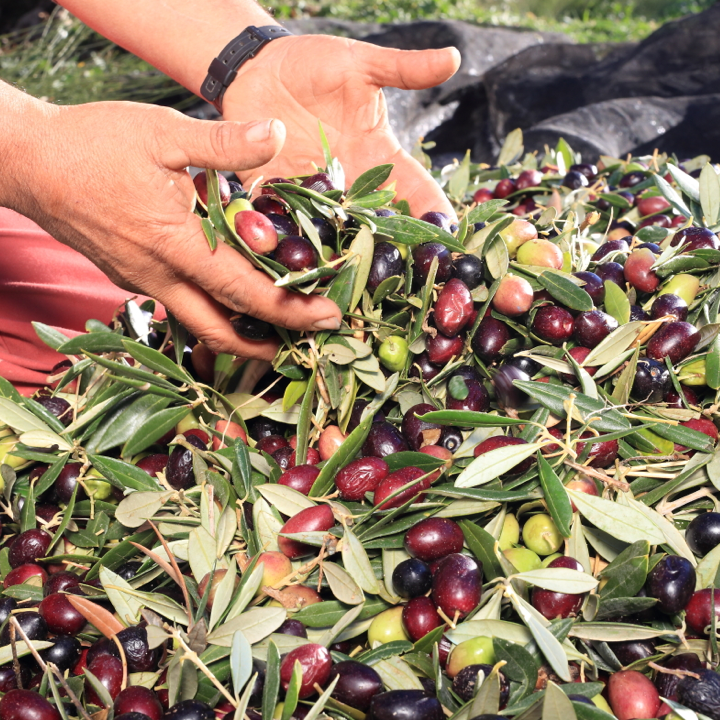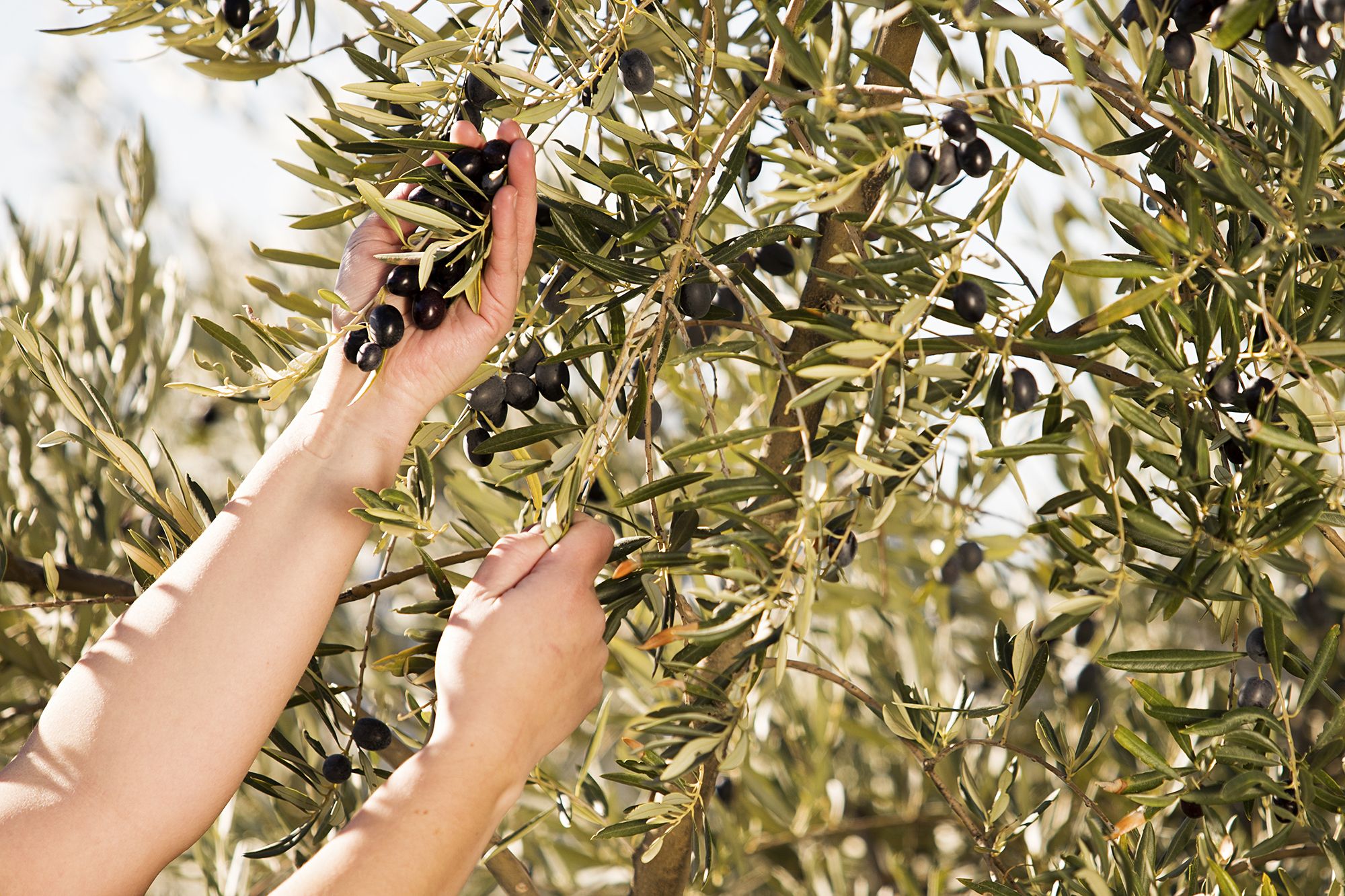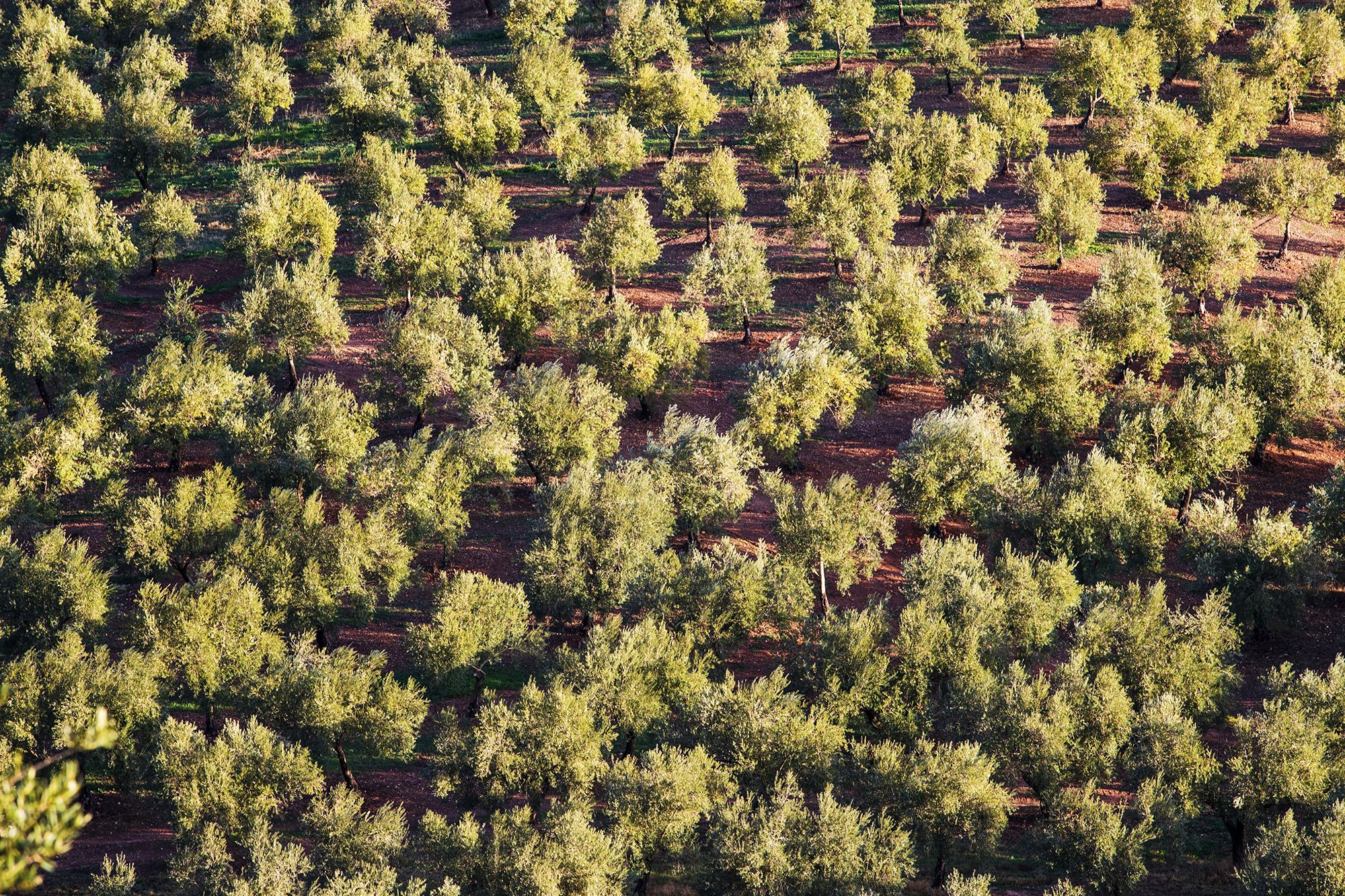
Understanding Organic Olive Oil
A Q+A with Paula Lopes, Global Quality Director, Product Development and Regulatory Director at Deoleo/Bertolli
What is the difference between conventional and organic olive oil? Here, Bertolli’s resident expert, Paula Lopes, explains the strictly regulated practices—and the philosophy—behind the creation of organic oil which is, as she describes it, the “closest to nature.”
Q: Can you describe your role at Bertolli®? What do you like most about what you do?
A: : I’m responsible for empowering our global quality team. Our goal is to always meet—or exceed—our consumers’ expectations. And one of the most interesting parts of what I do is to define the quality of our olive oils. Behind the finished product, which is a blend, there are so many amazing things to discover. Olive oil is truly like a perfume. It has so many different aromas, so many different compounds. We always say that olive oil has its own life—first it is young, then it matures. And if we don’t take good care of it during its life cycle, it becomes old. In order to preserve it properly, olive oil requires special care.
Q: Why do you think organic products are so appealing to the modern consumer?
A: In my opinion, people are a little bit tired of things that are not close to nature. More and more people are looking for simple things. In the end, all of our olive oils are really, really good. The difference with our organic olive oil is that it is nurtured with extra care. We consider the environment, the sustainability of the farming practices and the balance of nature in order to get fruit with the right quality. In my opinion, buying organic products is a way of expressing a respect for nature.
Q: What makes organic olive oil different from conventional olive oil?
A: By law, we have to guarantee that the olive oil is completely free of pesticides, chemicals, synthetic fertilizers and artificial compounds. An organic farm is not allowed to use chemicals or synthetic products. This is a guarantee of the purity of the product and, ultimately, a respect for nature. In the end, an organic olive oil is the closest to nature of all the olive oils because of the way the olive trees are treated in the orchards.

Q: Does organic olive oil have a different taste from conventional olive oils?
A: No, any difference in taste is really from the variety of the olive. A greener olive is more fresh, aromatic and bitter. If we pick them when they are dark, we obtain a sweeter oil. Taste mostly depends on when the olive is harvested.
Q: Can you describe the organic farming practices that produce Bertolli’s organic olives?
A: In each region and through organic farming techniques, the insects and birds protect the trees from disease. Our farmers use the natural flora and the power of nature to protect the olives from disease. All of the fertilizers that we use are natural. Everything lives in a very harmonious way.
Q: Where are Bertolli’s organic orchards located?
A: We select our organic olive oils from several countries, and mainly from orchards in Italy, Spain, Greece and Portugal among others. Every year we visit each of those countries to map the areas in order to determine where the best oils are being made. In the end, we combine different varieties of oil to achieve our Bertolli flavor.

Q: What is the process behind creating an organic environment for these olive orchards?
A: For a farm to begin cultivating an organic olive orchard, it begins with a careful analysis of the soil and trees to guarantee that there are no possible contaminants. The area also has to show that is has been free of any synthetic or chemical treatments for three years. Only after that can the farmer start organic crop production. It is a very rigorous process governed by strict regulations that must be validated by external, independent parties. With organic farming, you have to be patient and you have to wait. Things happen in the right moment and according to nature’s clock. As a result, you have less production. But in the end you will have a more natural product.
Q: How can the consumer be certain that s/he is buying organic?
A: The product must have an organic seal showing the number and the name of the certifying body. This guarantees that the oil was created with a set of very strict rules. From country to country, the organic laws can be different, but the basic principles are the same. Since 2012, the European Union and U.S. have recognized each other’s organic production rules and control systems as equivalent under their respective laws.
Q: How do organic orchards positively impact the local communities, if at all?
A: Organic orchards respect nature, sustainability and balance, and in that sense promote the development and revitalization of rural economies. Generally, organic olive oil is more costly to produce than conventional oil because of all the work that’s behind it. It’s therefore a more profitable production that supports more workers and the wider community.


